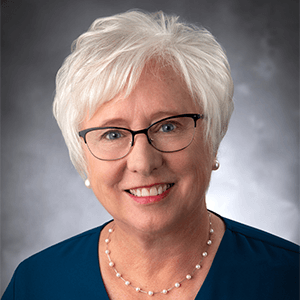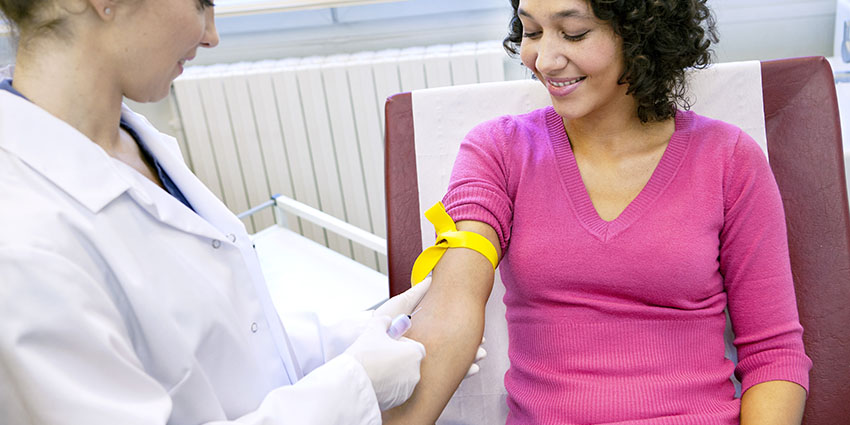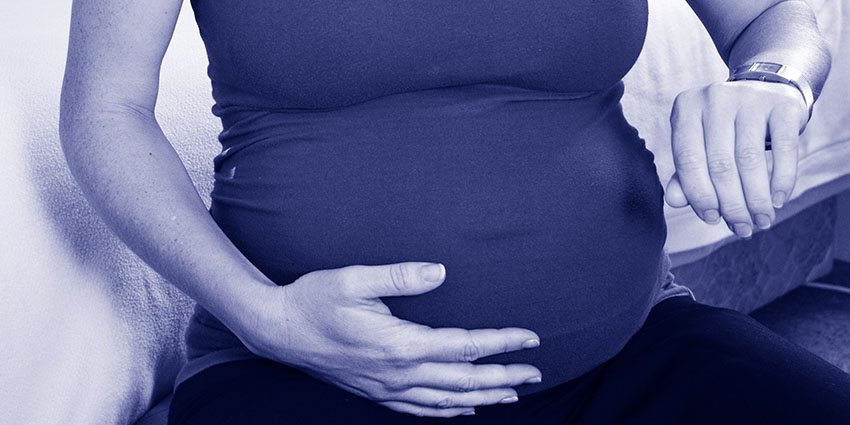Group B strep (GBS) is one of many bacteria that live in the body of healthy people without causing harm. It is present in the intestine, rectum, and vagina of about 20 percent of all women near the time of birth. GBS is not a sexually transmitted infection (STI) and does not have any vaginal symptoms. Because of where it is found, it may be passed on during labor from mother to baby.
GBS can cause newborn infections in the blood, lungs, or inflammation of the covering of a baby’s brain or spinal cord. Full-term babies whose mothers carry GBS in the vagina or rectum during labor and birth have a 1 in 200 chance of getting sick. It is also possible for mother’s to develop a uterine infection if these bacteria are present during their labor.
Even though the risk for these infections is low, the disease can cause significant harm to your baby if untreated. The good news is that this infection can be prevented. During a prenatal visit between 35-37 weeks in your pregnancy, your provider will offer you a screening test for GBS. A Q-tip is used to collect a sample by touching the vagina and just inside the rectum to obtain a culture. If the test is positive it will be noted on your medical record and the hospital or birth center will be aware of this when you present in labor.
The best time to treat GBS is while you are in labor. The most common drug used to treat GBS is Penicillin but if you are allergic to Penicillin, there are other options that your provider can use.
In order to prevent this infection, there are other times that the Center for Disease Control (CDC) recommends treatment without testing. These times are listed below:
- You had a previous child who had GBS disease
- You have GBS bacteria in your urine at any point during your pregnancy
- Your GBS status is not known when you go into labor and you have a fever
- Your GBS status is not known and you go into labor before 37 weeks
- Your GBS status is not known and it has been 18 hours or more since your water broke
- Your GBS status for this pregnancy is not known but you tested positive for GBS in a past pregnancy
Related Posts








